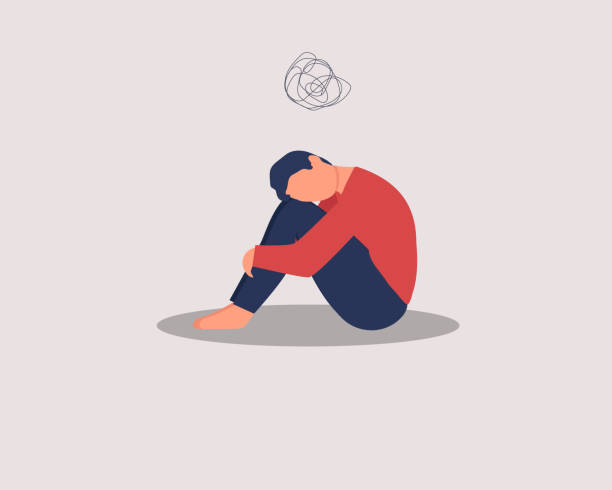Continuing our pandemic behavior in 2023, my wife and I recently watched a wrenching Netflix film, “Son,” starring Hugh Jackman, Laura Dern and Vanessa Kirby. The subject was disabling depression and unwavering sadness.
The plot is simple. A 17-year-old is consumed by hopelessness and anger in the wake of his parents’ divorce. His fragile emotional state continues to worsen, including self-mutilation. The sense of abandonment is palpable, paralyzing the son with grief and disassociation from school and friends. His father and mother try to understand their uncommunicative son.
To no avail.
Critics will say that the rest of the story is predictable, thus diminishing the quality of the movie. I disagree.
The possibility of suicide is disturbingly real. Whether the film is considered too melodramatic, manipulating the audience’s feelings, is a perspective that is irrelevant.
Parents, grandparents and friends cannot ignore the signs of depression. Over the years, I have become increasingly aware of this disease —and saddened. In six instances, I have learned about suicide committed by young men on the road to supposedly personal and professional success. They surprised loved ones and friends by taking their precious lives.
I think, for example, about the sons of Senator Ben Cardin and Rep. Jamie Raskin, as well as the son of an Easton friend. I try to imagine the pain that prompted these six young men to end their lives. Then, I focus on the overwhelming grief that must engulf the parents and siblings.
An awful void besets the family. Forever. “Son” brings home the overriding need for parental attention. Denial is dangerous. After a suicide attempt, the cinematic parents finally accept a terrible reality, as their son is treated for mental illness at a New York hospital. Unfortunately, they ignore wise medical advice to confine their son temporarily in the hospital. They yield to their son’s manipulative pleas to go home.
I likely have delved too deeply in details regarding the movie. Its impact was significant for me. It dealt with a troubling issue.
Depression and its potentially fatal effect have gained more visibility in recent years. Suicide by gifted young people has drawn justifiable visibility and concern. It no longer is the silent killer.
Adolescence is a fraught time. Aberrant behavior and thoughts may seem normal during a “bad patch.” In fact, they are serious and searing.
Like the parents in “Son,” those in the real world wrestle with conflicting emotions. They may tend to believe their teenaged children simply need to “get on” with their young lives, putting demons aside. It would be easy to consider their children as self-absorbed.
That posture would be ill-advised.
“Son” is worth seeing. It is difficult at times. It drives home the message that parenting is complicated, requiring tough love at times and informed compassion at other times. Psychiatric help not only is vital, it is unquestionably necessary.
Intended as a movie review, this column has veered toward discussion of depression. I have no insight about the impact of depression, other than what I have read, heard and observed. Its path to suicide in some cases concerns me; young people have decided they cannot live with sadness, lack of purpose and chronic desperation.
“Son” is not a cheerful film. It entertains in a somber way. It teaches in a meaningful way.
Columnist Howard Freedlander retired in 2011 as Deputy State Treasurer of the State of Maryland. Previously, he was the executive officer of the Maryland National Guard. He also served as community editor for Chesapeake Publishing, lastly at the Queen Anne’s Record-Observer. After 44 years in Easton, Howard and his wife, Liz, moved in November 2020 to Annapolis, where they live with Toby, a King Charles Cavalier Spaniel who has no regal bearing, just a mellow, enticing disposition.



Write a Letter to the Editor on this Article
We encourage readers to offer their point of view on this article by submitting the following form. Editing is sometimes necessary and is done at the discretion of the editorial staff.